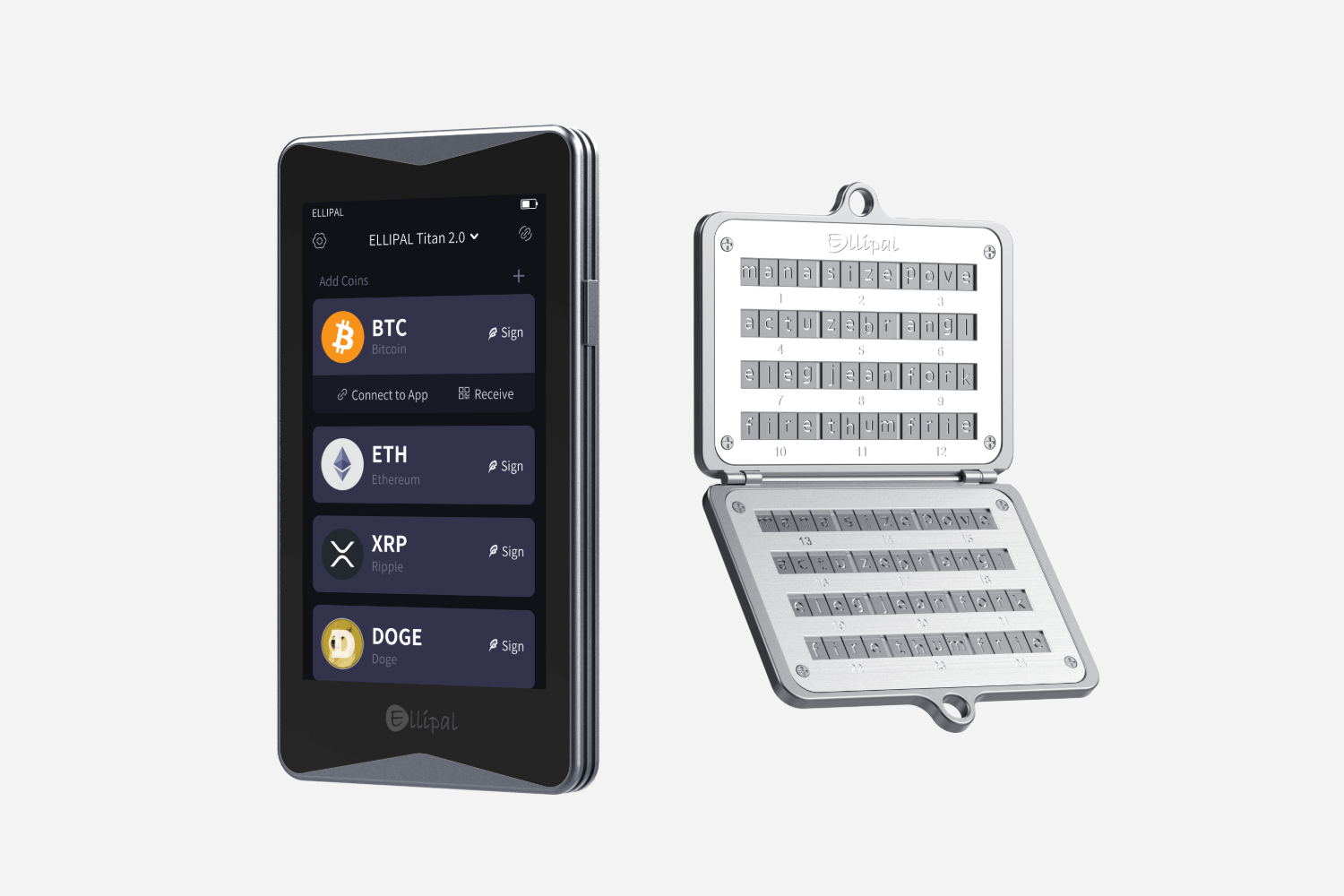Understanding Crypto Cold Wallets: Why They're Essential for Secure Storage
Body
In the rapidly evolving world of cryptocurrency, security remains a paramount concern for investors and users alike. One of the most effective solutions for safeguarding digital assets is the crypto cold wallet. But what exactly is a cold wallet, and why is it essential for secure storage? This article delves into the intricacies of crypto cold wallets, their benefits, and how they compare to other storage methods.

What is a Crypto Cold Wallet?
A crypto cold wallet refers to a type of cryptocurrency wallet that is not connected to the internet. This offline storage method significantly reduces the risk of hacking and unauthorized access. Cold wallets can take various forms, including hardware wallets, paper wallets, and even air-gapped computers. By keeping your private keys offline, you ensure that your digital assets remain secure from online threats.
Benefits of Using a Crypto Cold Wallet
There are several compelling reasons to consider using a crypto cold wallet:
- Enhanced Security: Since cold wallets are offline, they are immune to online hacking attempts.
- Long-Term Storage: Ideal for investors looking to hold their assets for an extended period without frequent transactions.
- Control Over Private Keys: Users maintain full control over their private keys, reducing reliance on third-party services.
- Variety of Options: From hardware wallets like the Ledger Nano S to paper wallets, there are multiple cold storage solutions available.
How Does a Crypto Cold Wallet Work?
Understanding how a crypto cold wallet functions is crucial for effective use. When you create a cold wallet, your private keys are generated and stored offline. This process typically involves the following steps:
- Generate a wallet address and private key using a secure, offline device.
- Store the private key on the device or print it on paper.
- Use the wallet address to receive cryptocurrency.
- To access your funds, connect the cold wallet to a device only when necessary.
Comparing Cold Wallets to Hot Wallets
While crypto cold wallets offer superior security, hot wallets—those connected to the internet—provide convenience for frequent transactions. However, this convenience comes at a cost. Hot wallets are more vulnerable to cyber threats. Therefore, many users opt for a hybrid approach, using hot wallets for daily transactions and cold wallets for long-term storage.
"A cold wallet is like a safe deposit box for your cryptocurrency—secure and offline."
Conclusion
In conclusion, a crypto cold wallet is an indispensable tool for anyone serious about cryptocurrency security. By understanding how they work and their benefits, you can make informed decisions about safeguarding your digital assets. Whether you choose a hardware wallet or a paper wallet, the key is to prioritize security and control over your investments.
For more information on securing your cryptocurrency, check out this informative video: Understanding Crypto Security.
References











Comments